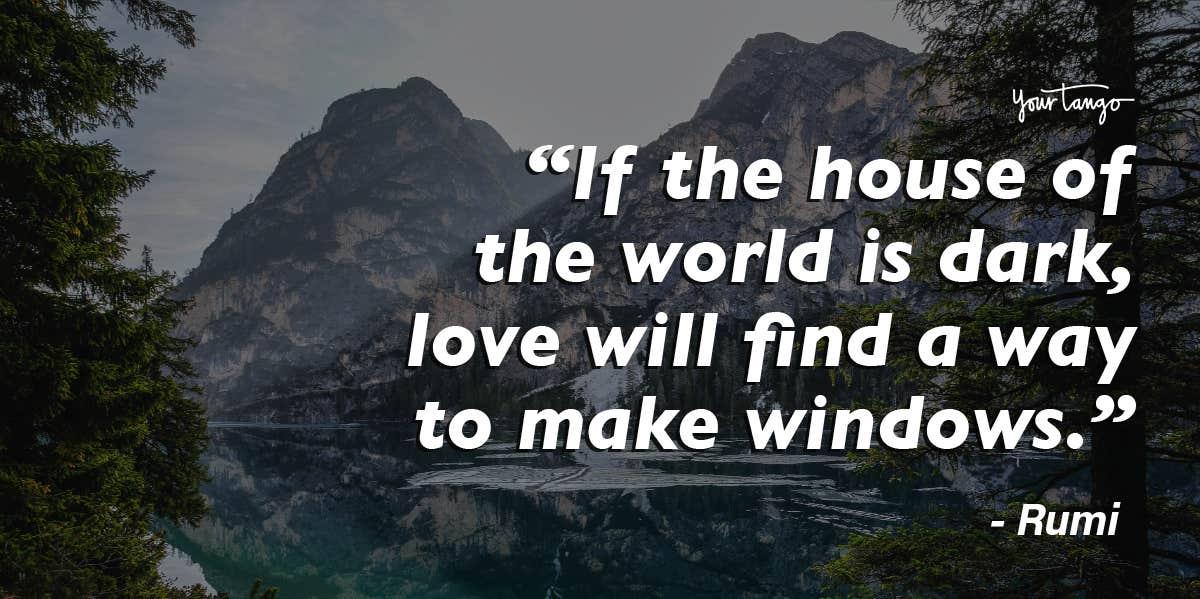The Power of Solitude: Creating Space for Self-Reflection

Solitude is a necessary part of self-reflection, and it can be a powerful tool for personal growth and healing. In this article, we will explore the benefits of solitude and how to create space for self-reflection in your daily life.
The Benefits of Solitude
Solitude has many benefits, both physical and mental. It can help to reduce stress, improve brain function, and boost creativity. It can also help to increase self-awareness and self-compassion, which can lead to a greater sense of well-being and happiness.
One of the main benefits of solitude is that it allows you to disconnect from the constant noise and distraction of the world around you. This can be especially important in today's fast-paced and highly connected world. When you take time for solitude, you are able to recharge your batteries and clear your mind.
Solitude can also help to improve brain function. Research has shown that spending time in nature or being alone can increase the size of certain regions of the brain, which are associated with memory, attention, and emotional regulation. This can lead to improved cognitive function and overall brain health.
Solitude can also be a powerful tool for creativity. When you are alone, you are able to think more freely and come up with new ideas. This can be especially helpful for those who struggle with creative block or who need a break from the constant pressure to produce.
Self-Reflection and Solitude
Self-reflection is a powerful tool for personal growth and healing. It involves taking time to think about yourself, your thoughts, and your feelings, and using this information to make changes in your life.
One of the best ways to practice self-reflection is to create space for solitude. This can be as simple as taking a walk in nature, going for a run, or sitting in a quiet room. When you are alone, you are able to focus on your thoughts and feelings without the distraction of other people or the constant noise of the world.
Self-reflection can be a challenging process, but it can also be a deeply rewarding one. It can help you to gain a deeper understanding of yourself and your values, and it can also help you to identify areas of your life that need improvement.
Creating Space for Self-Reflection
Creating space for self-reflection can be a simple and effective way to practice self-reflection. Here are some tips for creating space for self-reflection:
- Schedule time for solitude: One of the best ways to create space for self-reflection is to schedule time for it in your calendar. Set aside a specific time each day or week to be alone and reflect on your thoughts and feelings.
- Find a quiet place: It can be helpful to find a quiet place to reflect. This could be a park, a quiet room in your home, or a spot in nature. Make sure that the place you choose is comfortable and free from distraction.
- Use a journal: Writing in a journal can be a powerful tool for self-reflection. Journaling can help you to organize your thoughts and feelings, and it can also help you to identify patterns and trends in your life.
- Practice mindfulness: Mindfulness is a powerful tool for self-reflection. It involves being present in the moment and paying attention to your thoughts, feelings, and sensations. Practicing mindfulness can help you to gain a deeper understanding of yourself and your values.
In the end, solitude is a necessary part of self-reflection, and it can be a powerful tool for personal growth and healing. By creating space for solitude, you can practice self-reflection and gain a deeper understanding of yourself and your values. Whether you choose to go for a walk in nature, journal, or practice mindfulness, the key is to make time for self-reflection and to create a space that is comfortable and free from distraction.





